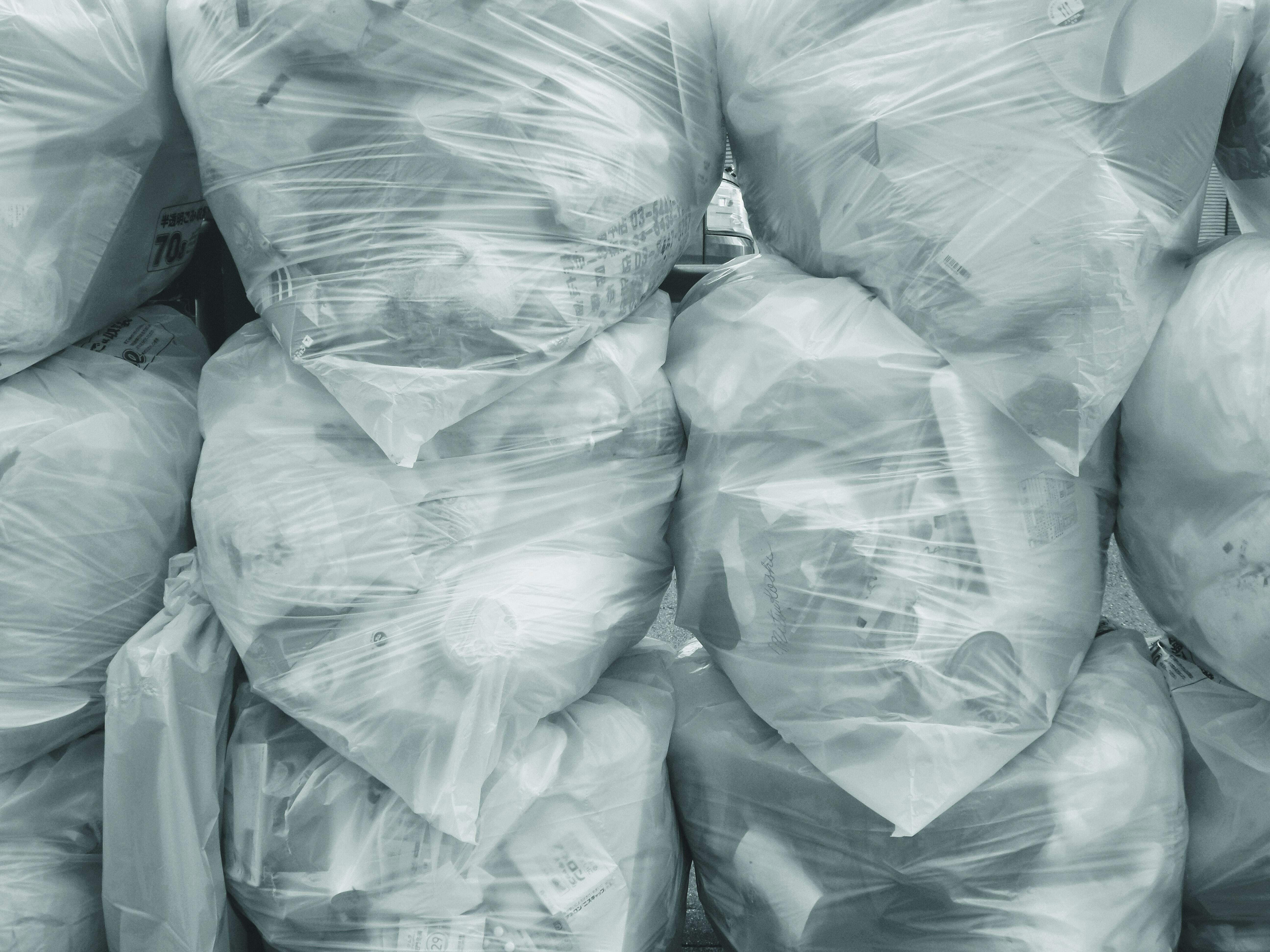do you want to view
How to Select a Waste Provider and Maintain a Relationship with Them
What to Look out for when Choosing and Keeping a Waste Provider
If you're starting a new business, expanding to a different location, or looking for a new waste provider, you've come to the right place. While there are many aspects of a successful waste management system in the office, one of the most important is waste collection. You should understand your waste needs and find a waste provider that offers transparent, dependable service, to avoid contamination in your streams.
Consider these factors when choosing a waste provider.
Understand Your Waste Needs
If you're looking for a new waste provider, it is essential to understand your specific organisational waste needs. You can do this by conducting a waste audit to help you identify your most common materials thrown away. Generally, the best options include a landfill bin, some recycling streams, and an organics bin for food waste, but we encourage you to separate as much as possible.
Once you have an idea of what streams you'll need, research providers in your area to determine what they'll accept and won't accept. If you have specific requirements, discuss those requirements with them, as they may offer those services or provide alternatives if not.

Transparency
Since you're already here, diverting from landfills is probably already a concern for you, so it's essential that you trust your provider to do just that. Read and seek out reviews of your waste provider to understand how transparent they are. Learn more about them by asking questions such as:
- How do they process your waste (i.e. Waste Sorting Facilities, Incineration, landfill)?
- If they collect recycling, is it processed onshore or sent overseas?
- Does the waste generate any energy either from incineration or landfill capture?
- Do you offer organics waste services, and if so, where and how is that processed?
- What other services (education, zero waste consulting, specialty recycling streams) do they offer?
- What streams are most commonly used by other customers?
There aren't any right or wrong answers, but knowing whether they align with your organisational values and goals will ensure you feel confident in their services.
Dependability
As with any business relationship, ensure that your waste provider will be dependable by collecting on time, delivering excellent customer service, providing competitive rates, and reporting back to you.
However, dependability is a two-way street, and you must ensure that you understand, communicate, and execute the environmental requirements of your waste provider to reduce their contamination.
Ongoing Communications
Once you've selected your waste provider, determine your point of contact at the company for ongoing communications. Waste management and recycling systems can often change, so having a person to go to can make it easier to keep up with those changes as they emerge.
You can also suggest improvements and expanded services as they come up. As a business, they should be receptive to hearing those suggestions, even if they can't implement them.
Also, ask if your waste provider provides updates through emails or other means of communication. If not, suggest they start; it's a great way to stay on top of the changing recycling landscape.
Seek Alternatives if Needed
Sticking with a waste provider that isn't providing what you need won't be good for your business or theirs. If better options with more streams appear, don't be afraid to seek them out, especially if your workplace goals entail 90% diversion or more.
Before changing waste providers, make it very clear why you are leaving, to see if they can somehow accommodate your increased needs and leave on good terms. They may not have the capacity to accept everything you need now, but they may expand their offerings in the future.
Also, don't be afraid to find recycling alternatives for small items like soft plastics or non-recyclable lids, as this is a great way to increase diversion rates. These generally won't be accepted by most providers, but speciality recyclers may be able to accommodate.
Wrap Up
You can put in all the work to divert waste from the landfill, but that's just one piece of the puzzle. Maintaining a good, trustworthy relationship based on mutual respect can help you feel confident that your efforts are paying off. That's why keeping an open line of communication with your waste provider is vital.
Once you have selected your waste provider, it's time to get started; Let us help - read our Successful Recycling Guide.